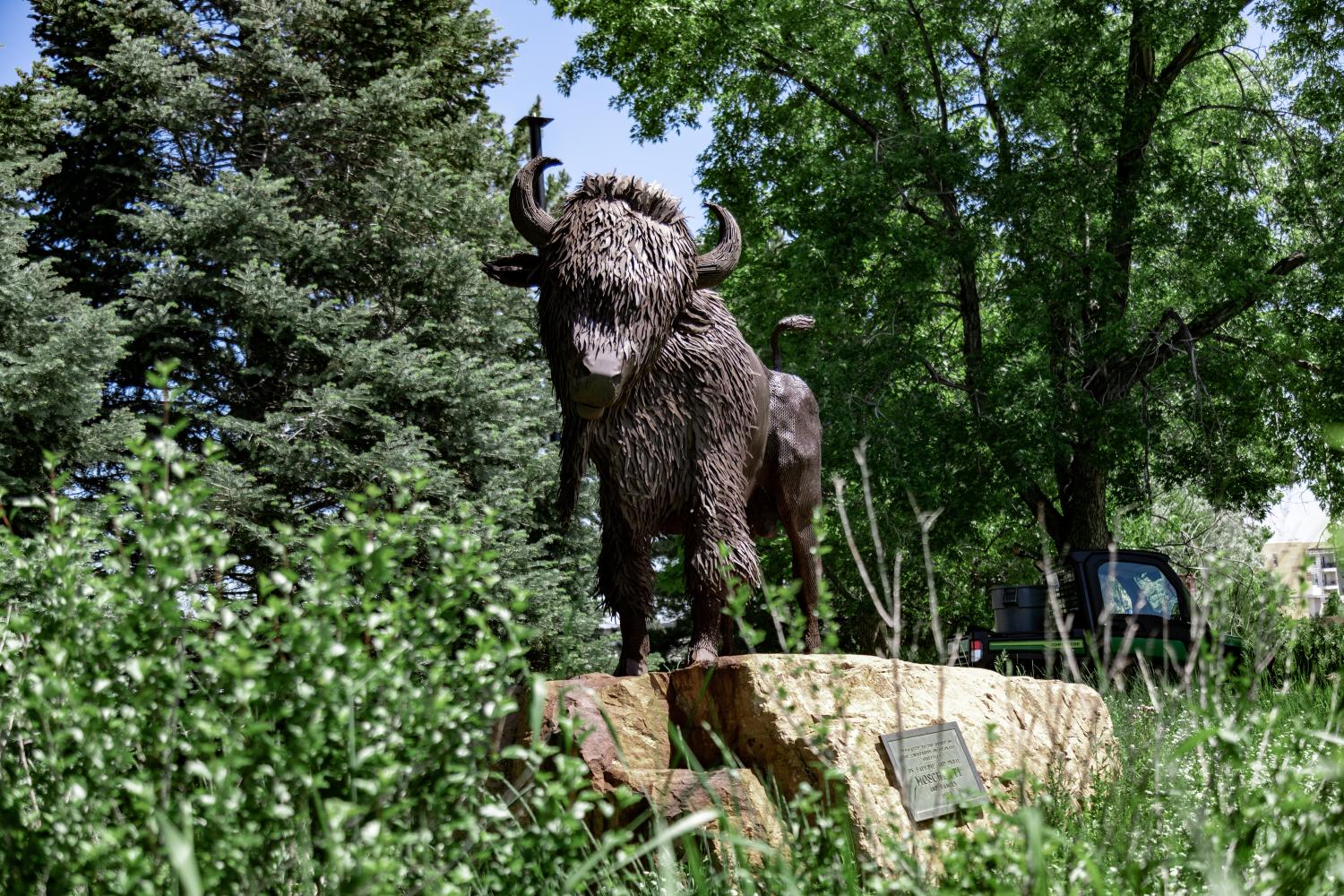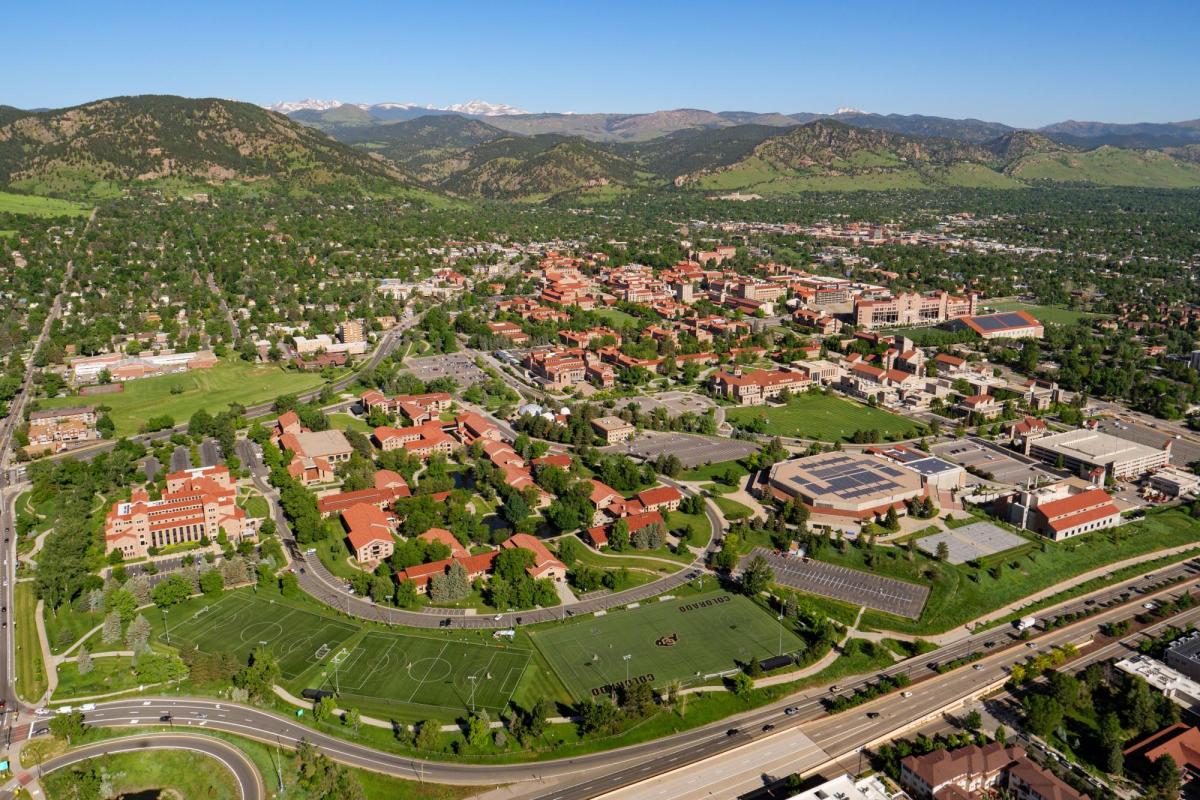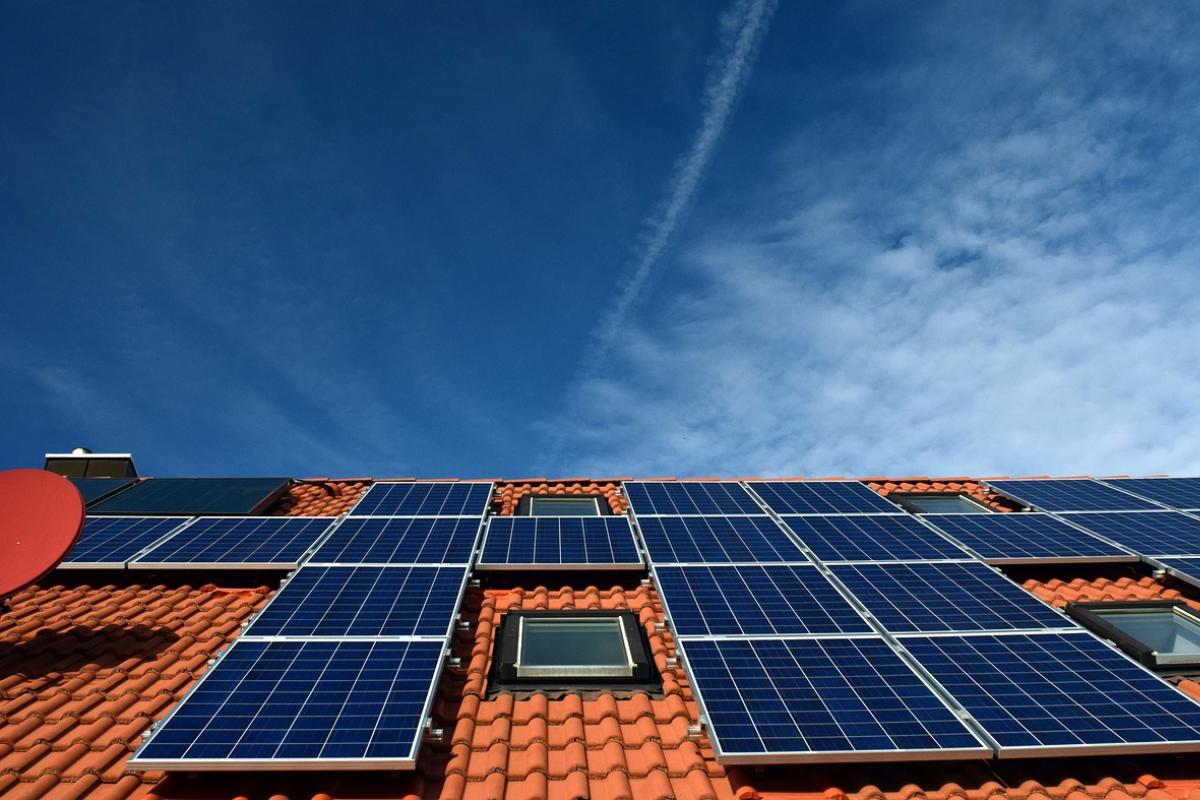Climate Action at CU Boulder
CU Boulder’s 2022-2023 Climate Action Plan (CAP) is the university’s commitment to ongoing, amplified and accelerated action towards decarbonization and climate justice. This living document will lay out the path toward mitigating climate change by advancing just, equitable climate solutions. The plan will work toward achieving the institution-wide goal of 50% greenhouse gas emissions reduction by 2030 and total carbon neutrality no later than 2050. The CAP will build on the chancellor’s Call to Climate Action; the 2009 Conceptual Plan for Carbon Neutrality; and the most recent Campus Master Plan, Energy Master Plan, Transportation Master Plan and Housing Master Plan1.
Actionable steps toward climate justice will focus on building performance, energy, water, waste, food, transportation, grounds, and education. The development of the CAP reflects CU’s commitment to advancing DEI (diversity, equity, and inclusion) and social justice. Equity has been interwoven throughout the planning process to support climate justice goals including incorporating an equity conscious stakeholder engagement process and using equity criteria, metrics and rubrics.
Why is Climate Justice important to integrate into Climate Action planning?
CU Boulder’s 2022-2023 Climate Action Plan (CAP) is the university’s roadmap towards decarbonization and advancing just, equitable climate solutions. Actionable steps toward climate justice will focus on building performance, energy, water, waste, food, transportation, grounds, procurement, equity, and resilience. These strategies seek to address the root causes of climate change and simultaneously address social, racial, and environmental injustices reflecting CU’s commitment to advancing DEI (diversity, equity, and inclusion).
How decisions are made and by whom they make an enormous impact. To advance climate justice, we invite all to participate in this decision-making process to ensure all voices are heard and the benefits of climate action are equitably distributed.
Further readings here:

What CU is doing for climate action
Carbon Neutrality Plan
As an original signatory to the American College and University Presidents Climate Commitment (ACUPCC) in 2007, CU formed the Carbon Neutrality Working Group and charged this group with analyzing and projecting a date by which the campus could attain carbon neutrality. After two years of dilligent work, the group develped the Conceptual Plan for Carbon Neutrality in which they recommend short-term and long-term approaches to reduce the campus carbon footprint.
You can read the full plan here or read the highlights below:
- 20% reduction in greehouse gaseses by 2020 through conservation and cogeneration use
- 50% reduction by 2030 through the use of large scale renewables
- 80% reduction by 2050 using innovative technologies
CU and Energy
CU Boulder has won many awards for its efforts in sustainability, including Sierra Club's as the Greenest School and the STARS Gold Rating. This is an honor and a challenge as CU students, faculty and staff are responsible for keeping our great school on top. CU strives to maintain this leadership in sustainability through renewable energy, green buildings, office conservation, and energy outreach and education. CU Boulder signed the Carbon Neutrality plan in 2009 and is lowering their carbon footprint each year despite the growth in building square footage. The CU Boulder Student Government and the two buildings they own are carbon neutral through the purchase of carbon offset
Renewables at CU
CU has many PV installations throughout campus, including the UMC, Coors Event Center, Housing and Maintenance Center, Center for Innovation and Creativity, Wolf Law, Bear Creek Carport, C4C Parking Garage and most recently the Research Park Solar Farm. All of these installations add up to about 1,500,350 kWh/year, which is enough to power 1,500 homes! To learn more about the details of each installation, visit the Facilities Management Sustainability page.





